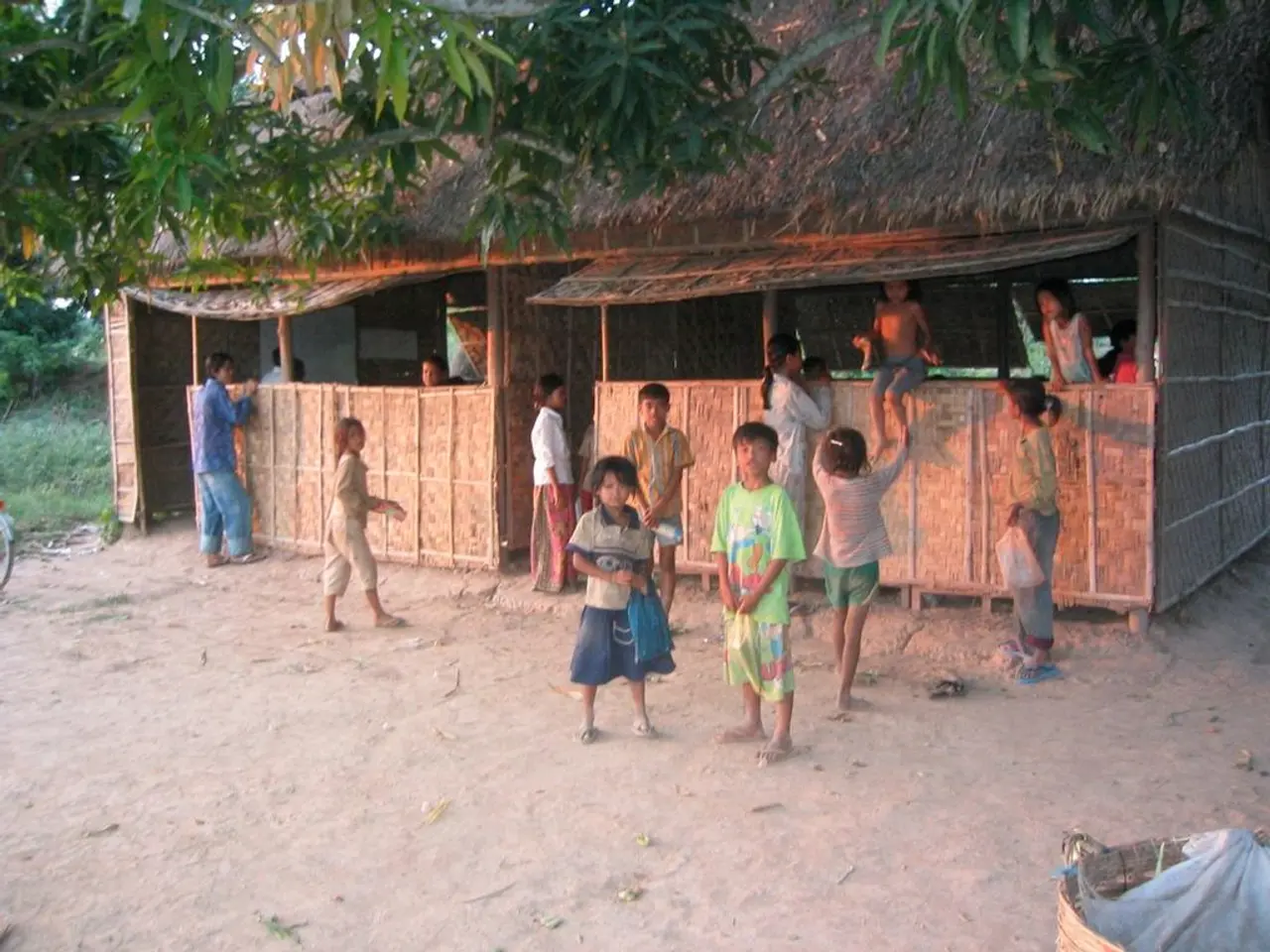PSD (Spanish Socialist Workers' Party) suggests creating a comprehensive inventory of resources within the child protection system, aiming to enhance the integration of unaccompanied migrant minors.
The Spanish Socialist Workers' Party (PSOE) has put forth a non-binding proposal to address the current lack of homogeneity in the distribution of competences within child and adolescent protection systems. This proposal aims to improve coordination between territories, policy design, and response.
At the heart of the PSOE's proposal is a detailed map of available resources. This map would include centers, places, accommodation models, technical personnel, and ratios, providing a clear and unified view of the system's capacity to adequately care for vulnerable children.
The map is intended to help identify gaps, overlaps, and needs in the system, facilitating better allocation of resources, tailored policies, and integrated approaches to prevention and care. It would also improve transparency and accountability by clarifying the roles and responsibilities of different actors involved in child and adolescent protection.
The PSOE advocates for the use of this map to provide a clear and unified view of the system's capacity to adequately care for vulnerable children, particularly in situations such as the arrival of unaccompanied migrant minors and the transition to adulthood of young people leaving care.
The proposal also includes continuing to promote inter-territorial coordination spaces, sharing best practices, and optimizing resources. To ensure accessibility and regular updates, the PSOE suggests publishing and updating this information in the Statistical Data Bulletin of Child and Adolescent Protection Measures periodically.
However, the proposal does not mention any potential funding sources for the mapping project. Nor does it detail how the results of the mapping would be shared with relevant stakeholders outside of the Statistical Data Bulletin, or specify a timeline for the implementation of the mapping project.
The PSOE's proposal comes amidst ongoing challenges in child and adolescent protection systems, including a lack of coordination among various entities, insufficient data and monitoring tools, and difficulties in addressing emerging threats such as online risks or social inequalities. The proposed mapping aligns with improvement goals by striving for a systematic understanding and integration of all protective measures for children and adolescents.
[2]: Link to the EU-level initiative on age-verification apps [3]: Link to the EU-level initiative on addressing online risks
- The PSOE's proposal for enhancing child and adolescent protection systems extends beyond national borders, as it aligns with EU-level initiatives such as the use of age-verification apps [Link to the EU-level initiative on age-verification apps] and strategies for addressing online risks [Link to the EU-level initiative on addressing online risks].
- In the realm of politics and policy-and-legislation, the PSOE's ambitious proposal for improving child and adolescent protection systems encompasses not only general news but also migration-related matters. It advocates for the effective management of cases involving unaccompanied migrant minors and the transition of young people from care to adulthood.







